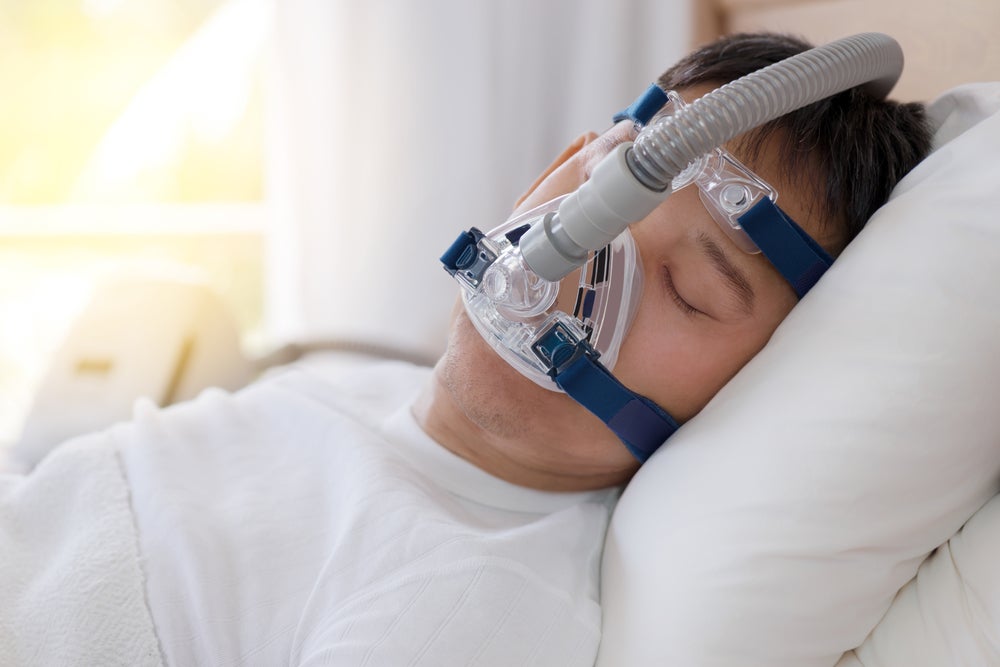Western University in Canada has announced that its Schulich School of Medicine & Dentistry received what it claims to be the country’s first 15.2 Tesla magnetic resonance imaging (MRI) system.
The $6m Bruker preclinical scanner, which is intended for the Centre for Functional and Metabolic Mapping (CFMM), is expected to help researchers at the university study the brain with unprecedented resolution.
The new MRI system has been designed to support research on neurological disorders, including neuroimmunology research and a multicentre project focused on drug development for neurological conditions.
CFMM scientific director and professor Menon said: “This is one of the most powerful MRI systems in the world. The unprecedented spatial resolution and unique image contrast will help advance our understanding of neurological processes and assess new treatments in mouse models of disease.”
Scheduled to be ready for use by mid-2024, the preclinical system is planned to be housed in a biocontainment level two facility at the CFMM.
The system will offer trainees opportunities to gain hands-on experience with advanced technology and imaging techniques.
Using a high-powered magnetic field, MRI systems capture accurate and detailed images.
Menon added: “With the 15.2T MRI system, Western will be well-positioned to attract top-tier researchers and collaborators and expand its leadership in imaging and neuroscience research.”
In addition to the new advanced MRI platform, the CFMM houses Siemens 3T and 7T human MRI scanners and a Bruker 9.4T preclinical scanner.















